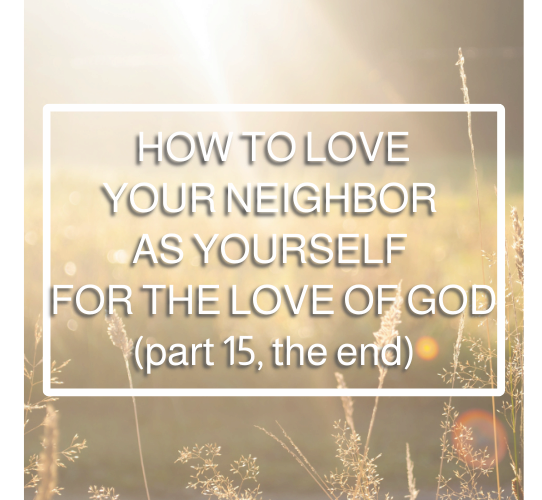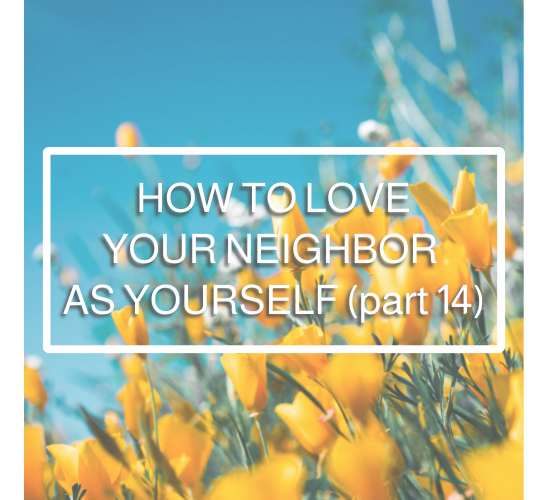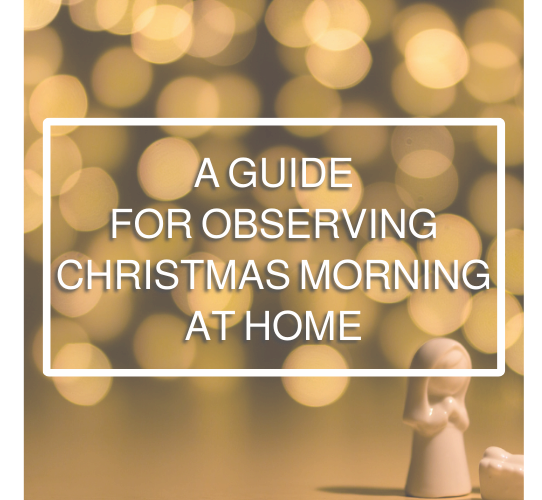Marching to Zion Part 11: Holy Humble Swagger
Read time: 3m 9s
'Rise up, set out on your journey and go over the Valley of the Arnon. Behold, I have given into your hand Sihon the Amorite, king of Heshbon, and his land. Begin to take possession, and contend with him in battle. This day I will begin to put the dread and fear of you on the peoples who are under the whole heaven, who shall hear the report of you and shall tremble and be in anguish because of you.' (Deuteronomy 2:24-25)
Intro: Remember how, when God brought Israel to the edge of the Promised-Land, they sent in scouts who returned with a message that filled Israel with “dread and fear”? (1:28-29) In fear they rejected the command of the LORD and the truths behind His commands. So God sent them back into the wilderness. (They wouldn’t go in; they had to go somewhere.)
But now, what they had felt because of their enemies, God promises that the enemies would feel because of them: “This day I will begin to put the dread and fear of you on the peoples who are under the whole heaven”
What does this have to do with us?
The premise for this series of devotionals is that there is a correlation between Israel entering the Promised Land and the Christian today entering the Kingdom of Christ, the “land” of God’s promises fulfilled in Christ and given freely to us. As Israel did then in one way then, we do in a different way now. Each point of their journey is, therefore, instructive for us: “Now these things happened to them as an example, but they were written down for our instruction.” (1 Cor 10:11)
This verse—Deuteronomy 2:25—puts the whole “entering the Promised Land” issue in a different light. We look out and see “giants” and “well-fortified cities”; we see overwhelming personal obstacles, crippling shame and guilt, and prohibitive personality quirks. We know the same dread and fear that thousands of years ago made Israel stop their journey.
But not only do we have nothing to dread or fear from the lies, powers, and temptations that would derail the Spirit’s work in our lives—not only that, but also, much more, dread and fear falls on our enemies in light of our God.
Not only do we not need to fear, but our enemies do need to fear.
Think of it this way: From what place do we approach the Christian life? A place of scarcity, or of abundance?
Do we live with shame, guilt, weakness, fear? A sense that we do not have what we need to survive, to grow, to thrive, to work in joy for Jesus? With a sense of scarcity?
Or do we live with a sense of having been cleansed, freed in power, strengthened with the strength that is in Christ Jesus, waving the banner of the Peace of Christ, and glorying in the abundance of grace poured freely on us? Do we have a spirit of fear, or a Spirit of Power and Love and Self-control? (2 Tim 1:7)
Which of these sounds more like the great news of the Gospel?
Let me tell you a story: In the beginning was the Word, and the Word was with God, and the Word was God. He was in the beginning with God. All things were made through Him, and without Him was not any thing made that was made. In Him was life, and the life was the light of men. The light shines in the darkness, and the darkness has not overcome it. (John 1:1-5)
Fear and dread are not ours—children of light—but theirs—the powers of darkness. Fear and dread belong to God’s enemies and ours.
And Jesus came and said to them, "All authority in heaven and on earth has been given to me. Go therefore and make disciples of all nations." (Matthew 28:18-19)
Now, [caveat #1!] this doesn’t mean that we think these groups are great. We can disagree with them on what they’re doing, why they’re doing it, and how they’re doing it. Okay. But they’re not our enemy.
And [caveat #2!] this isn’t to say that our true enemies won’t take advantage of these groups. Satan’s been known to quote Scripture and appear angelic, if you can believe it. (Mat 4:5-6; 2 Cor 11:14) We’re not naïve. We don't need to support these groups. It just means that they are not the enemy.
The enemy is the enemy.
Every strategist knows that if you can get your opponents fighting against each other, your work becomes a lot easier. And if your enemies get smart and work together, you’re in trouble.
Here’s why this is so important: Who are you going to “contend with”? Who are you going to spend your time, energy, attention, and resources, on contending against? We do have enemies: don’t pretend you don’t. But we want to have the right enemies. We want to have God’s enemies.
Of course, it’s easier to fight people who aren’t motivated to fight back. It’s easier to be a bully. It’ll take you five-seconds to find websites, “newsletters,” and “ministries” devoted to “exposing” or “discerning” dangers “in the church.” Bullies. (And do you really want to be critiquing Jesus' Bride?)
The first novel ever, Don Quixote, is known for its eponymous comic “hero” who mistakes windmills for dragons. Don Quixote challenges windmills to fight, in fine, flowery language. He girds up his courage to charge. He shatters his lance on the wood. He is a joke. And a nuisance. But then, he’s never out of work.
Christians, like Israel here in Deuteronomy 2, can lose sight of who the enemy is. What sins, temptations, and lies are out there in the Kingdom of Jesus pushing back against us being able to enjoy the peace and love He has for us? Sins, temptations, and lies: these are our enemies.
We have enemies. There are dragons in the castles meant for us. (Rom 16:20) So, first, wake up; be contentious! But second, be careful not to bully non-combatants, or worse, the enemies of our enemies. Avoid friendly fire.
“Fight the good fight of the faith. Take hold of the eternal life to which you were called." –Paul (1 Timothy 6:12)+++GOOD ARTICLE: Who are you going to sin with? by Jared Wilson+++
Photo by Dino Reichmuth on Unsplash











